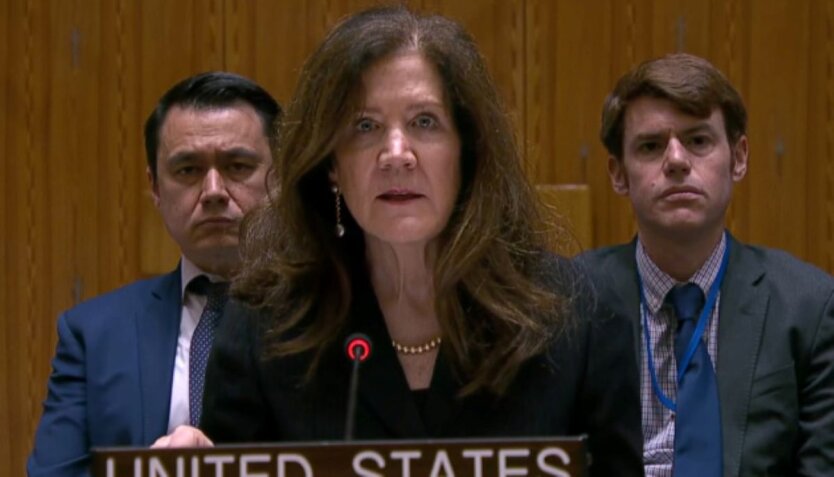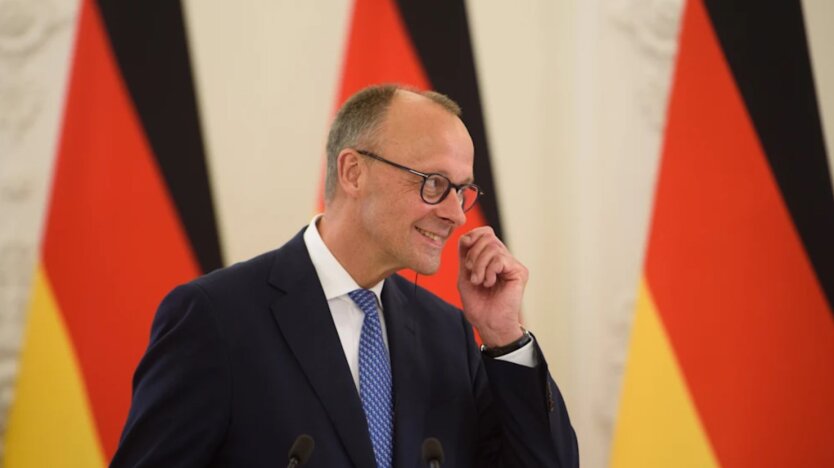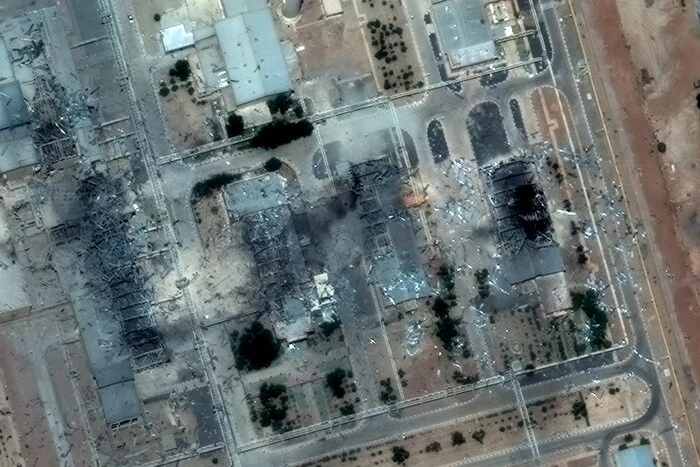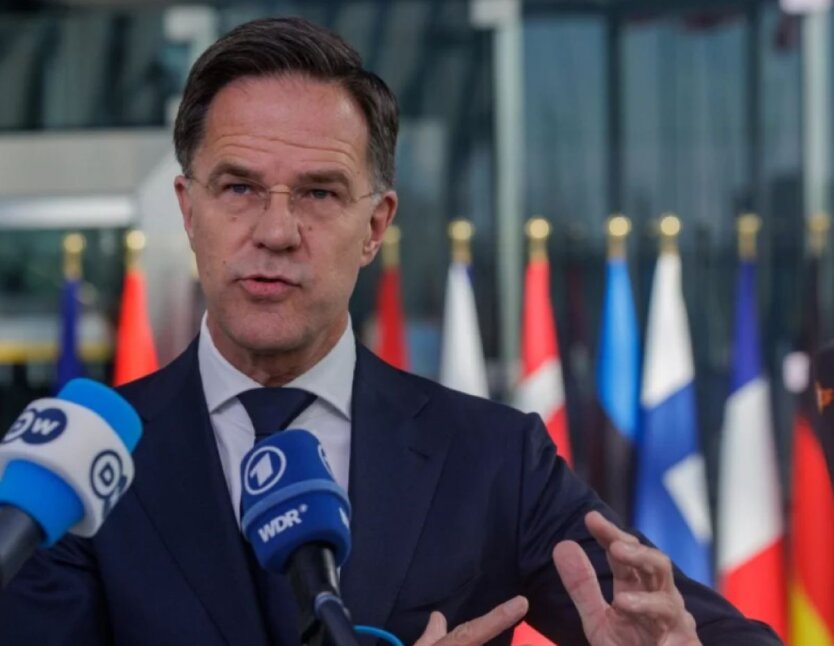Lithuania will dismantle power lines connecting it with Russia and Belarus: date announced.

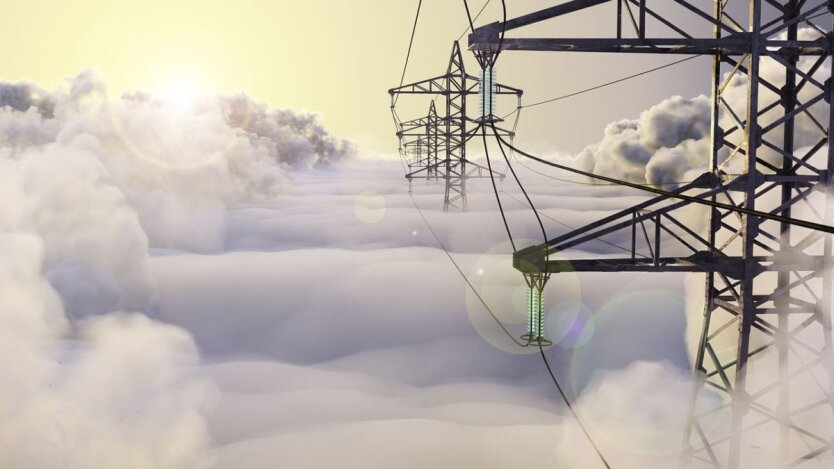
In February 2025, the Lithuanian authorities will disconnect and dismantle power lines that connect the country's power system with Russia and Belarus. This will be part of the process of synchronizing the power systems of Lithuania and other Baltic countries with the European Union.
This was reported by the national electricity transmission system operator Litgrid. It is noted that they cannot disconnect from the common system until the BRELL agreement signed with the Russian Federation and Belarus is completed.
"Part of the power lines with third countries are currently functioning. All lines will be disconnected on February 8, 2025, when the BRELL agreement expires. Dismantling work will begin immediately after this", reported Litgrid.
As part of the legislative preparation for this, last week the government removed seven 330 kV power lines with Russia and Belarus from the list of assets and facilities important for national security. This is done in the context of synchronizing the power networks of the Baltic countries and continental Europe from February 9, 2025.
Before disconnecting from the Russian UES/EES system, Lithuania, Latvia, and Estonia must conduct a joint test of their isolated operation and then connect to the new system.
The decision not to extend the BRELL agreement and to exit the unified power grid with the Russian Federation was made by the operators of the Baltic countries back in July, Russia and Belarus were informed about this.
Recall that in Ukraine, they responded to a "throw-in" about electricity exports abroad.
Read also
- Children continue to be killed and deported: USA condemns Russia's actions at the UN
- The Armed Forces of Ukraine anticipate a change in Russian tactics in the Lyman direction
- EU to impose 18th sanctions package against Russia: Merz calls on the US to join
- The media published a report on Iran's surviving nuclear arsenal. The Pentagon will hold a press conference
- Front line as of June 25. General Staff report
- NATO has committed to spending 5% of GDP on defense and recognizes Russia as a long-term threat: what it means for Ukraine

